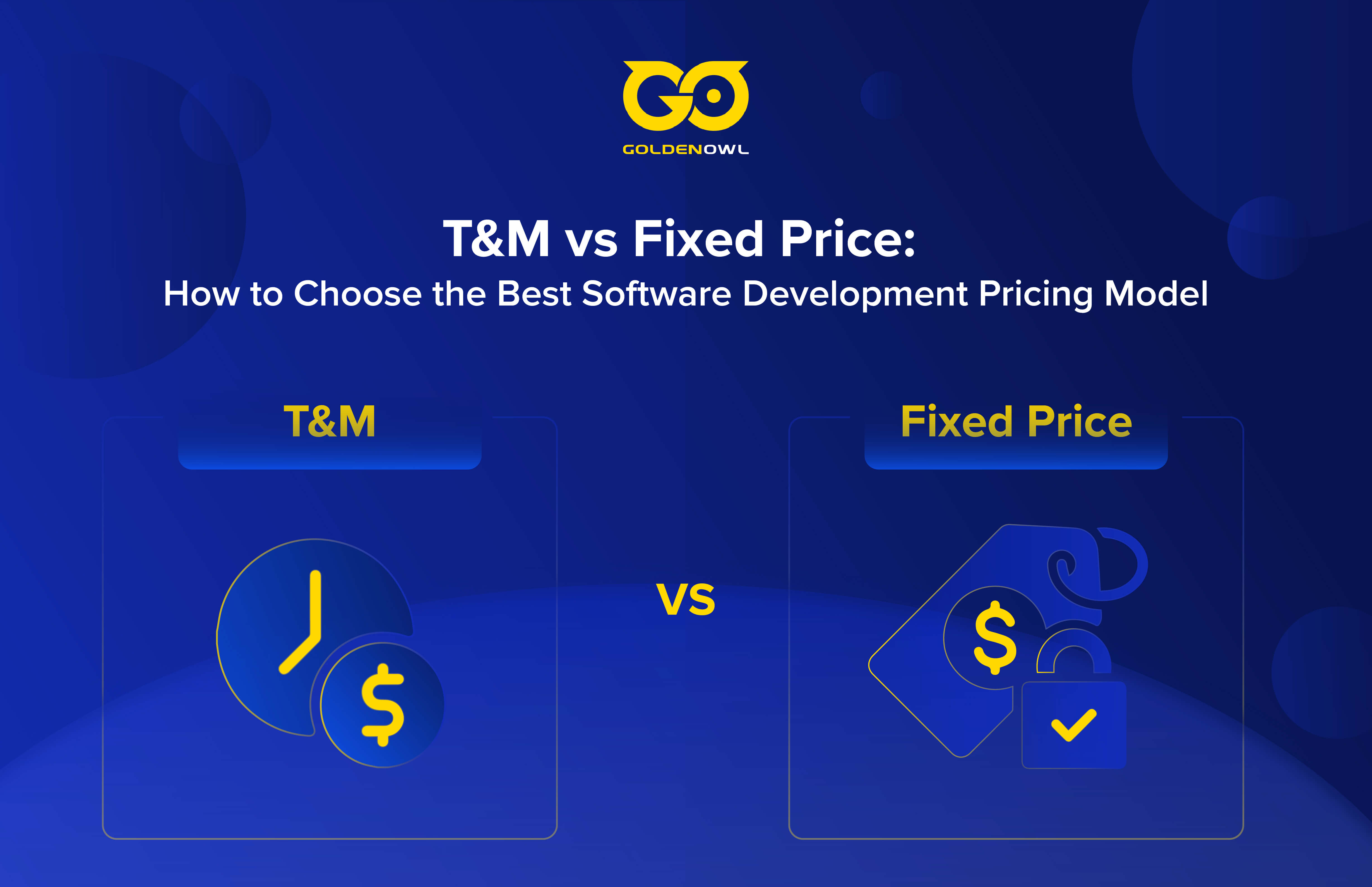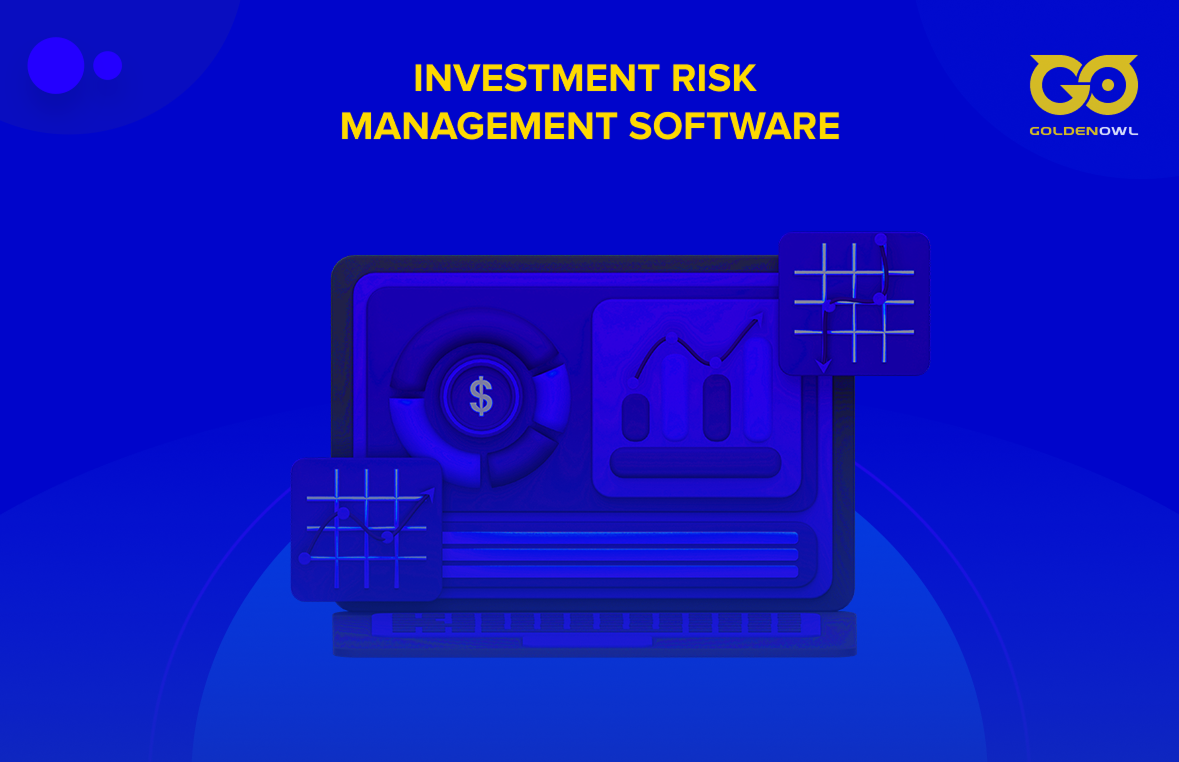All businesses, regardless of size, industry, or location, are essentially groupings of individuals working toward a common purpose. Similarly, people are referred to as "consumers," "users," "buyers," or any other term used by a company to describe its target market. Every member of these groups has distinct characteristics and demands, but they all share the commonality of a human experience and connection. However, not too many entrepreneurs are talking about the importance of human behavior in early stages of startups.
While behaviorism may not appear to be particularly relevant to business owners, it actually has a lot to teach us. "When you understand human behavior, you improve your chances of making your business succeed," says Darren Kaplan, co-founder and CEO of the analytics firm HiQ.
Early-stage startup; therefore, needs to take a human-centric strategy from the start, aiming to provide really "sensorial experiences" that take into account all of the things that people—and people and companies—have in common.
1. Understand the six basic human needs
“Whatever emotion you're after, whatever vehicle you pursue — building a business, getting married, raising a family, traveling the world — whatever you think your nirvana is, there are six basic, universal needs that make us tick and drive all human behavior,” says author and personal coach Tony Robbins.
Read more: Best advices for startups amidst covid 19
What are the six universal human needs?
Certainty/Comfort: the knowledge that you may avoid suffering and enjoy pleasure.
Uncertainty/Variety: the desire for novelty, change, and fresh stimuli.
Importance: a sense of being one-of-a-kind, important, special, or required.
Love/Connection: a strong sense of belonging to someone or something.
Growth: is defined as an increase in capacity, capability, or knowledge.
-
Contribution: entails a sense of duty and a commitment to assisting, giving to, and supporting others.

As Robbins said: “Understanding these needs...can help you build new patterns that lead to enduring fulfillment”. Starting up your small business with these core understanding in mind, it will keep your firm going along the right track of making your product/services what people need and want.
2. People are inherently inquisitive
Curiosity is one of the characteristics that sets us apart from other creatures. It's something evolution has provided us with, according to psychologists, to propel the human race forward and assure its survival.
This is also why clickbait works so effectively from a marketing sense. Curiosity, according to Carnegie Mellon Professor George Loewenstein, generates an information gap. We can't help but try to bridge the gap between what we know and what we want to know whenever we notice one. While this is not always recommended, you can use this strategy in the attention-starved social media landscape.

Read more: 90% startups fail and ways to be in that 10%
By understanding this type of human behavior in early stages of startups, many great companies have captured people’s attention and convey their messages. Stories work so effectively because, unlike blatant sales pitches, they entice readers/viewers to keep reading/watching. The protagonist in the story's ups and downs create an information gap that we can't help but follow. Consider Nike's "Just Do It" commercial and Subway's Jared narrative. These companies have become household names as a result of the stories.
3. Reciprocity matters
When someone does something nice for us, we try to return the favor by doing something pleasant for them. There is no such rule, yet we are all bound by it subconsciously, whether in our personal, professional, or consumer lives.
For example, according to Cialdini's research, when servers deliver the bill without a mint, diners will tip based on their impressions of the service provided. With just one mint, the tip increases by 3.3 percent. Two mints? And the tip goes "over the roof" to almost 20%.
What does this have to do with business?
When businesses send a small present, which does not have to be expensive, or a discount certificate, customers/businesses are more likely to stay loyal to you.

Customers will be more likely to buy if you offer them unexpected discounts or promotions. When a corporation consistently promotes the same bargains or promotions, it loses its psychological attractiveness.
It is regarded as unremarkable. However, when a potential consumer is offered a bargain or promotion as a bonus for making a purchase, it produces a sense of "I'm getting something unique," which boosts the buyer's desire to make another purchase.
4. People believe what they want to believe
Confirmation bias is a term used in psychology to describe this phenomenon. People look for, analyze, favor, and recall information that supports their preconceived notions or ideas. The more deeply established these beliefs are, the closer they are to their identity. Religious, racial, and political disagreements, unsurprisingly, frequently devolve into squabbles.
Read more: From unicorn to giant - Business tips to succeed
When trying to persuade someone to buy something, the last thing you want to do is contradict their ideas.There was once a customer who was offering tutoring services to parents. Their original sales pitch was something along the lines of: "Your child is stupid; he requires special instruction." And they eventually changed it to: “Your child has a lot of potential, but the school isn't letting it out”. This is a lot better of a way to convince a customer to start using your service by saying what they actually want to hear or believe in.
Conclusion
Human behavior is something that businesses and startups live on, and they use it to develop their growth strategy. Understanding human behavior in early stages of startups is critical to commercial success, thus we may assume that the two are inextricably related.
You may get rid of methods and start appealing to people in a non-sleazy and natural way once you understand them at their core. “If you don't understand people, you don't understand business,” remarked leadership expert Simon Sinek. Investing time in getting a true understanding of people will pay off in spades for your company.




















